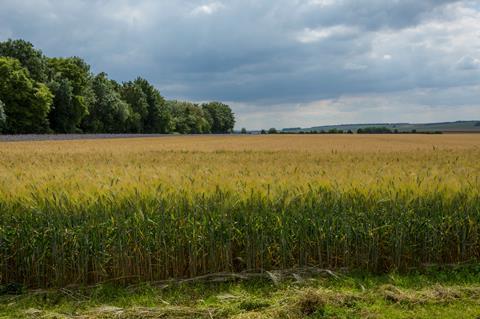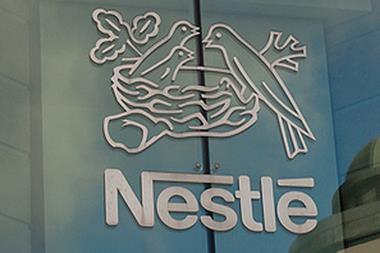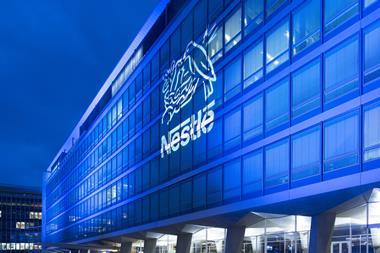
Cereal Partners Worldwide (CPW) has pledged to halve its greenhouse gas emissions by 2030 and reach net zero by 2050.
The Nestlé-General Mills joint venture will improve various areas of its supply chain to achieve these targets, following an audit of emissions across its business by external consultancy Quantis.
The findings showed that 1.2 million metric tonnes of greenhouse gas emissions were emitted by the company in 2018. This will be used as a baseline to measure progress, with its work to achieve net zero spanning five “key areas”: improving ingredients sourcing; transforming its product portfolio; evolving its packaging; moving towards cleaner operations; and cleaner logistics.
As sourcing of ingredients currently contributes to more than half (56%) of CPW’s greenhouse gas emissions, the company will work towards reducing this by moving towards regenerative agriculture.
The business will work with farmers to help them safeguard biodiversity, water, and soil health, while reducing their dependency on conventional agrichemicals.
CPW will also move towards “100% deforestation-free ingredients”. It joined the Nestlé Cocoa Plan at the end of 2022, committing to make 100% of its cocoa deforestation-free by 2025.
Innovation
Innovation will make use of ingredients with lower carbon footprints; repurposing by-products or waste materials into new products; and continuing to pilot circular economy business models.
Additionally, the business will make 100% of its packaging recyclable by 2025, reducing excess packaging where possible.
It has already completed the transition of its 15 production facilities to 100% grid-sourced renewable electricity, and will continue to improve energy efficiency across its operations, switching to alternative renewable energy sources and reducing waste.
Finally, CPW will reduce its emissions across logistics by maximising the use of space in vehicles and switching to lower-emission fuels. By 2025, 100% of its internal shuttles, which transport products from factories to distribution centres, will be electric.
“There’s a cost to sustainability, but there’s also a very high cost to not doing it,” CPW president and CEO David Clark told The Grocer.
“I’m hopeful that us being more vocal and sharing our story will not only give consumers confidence in our products, but it will also help some others in the industry to step up and embrace some bold challenges as well,” Clark added.



















No comments yet